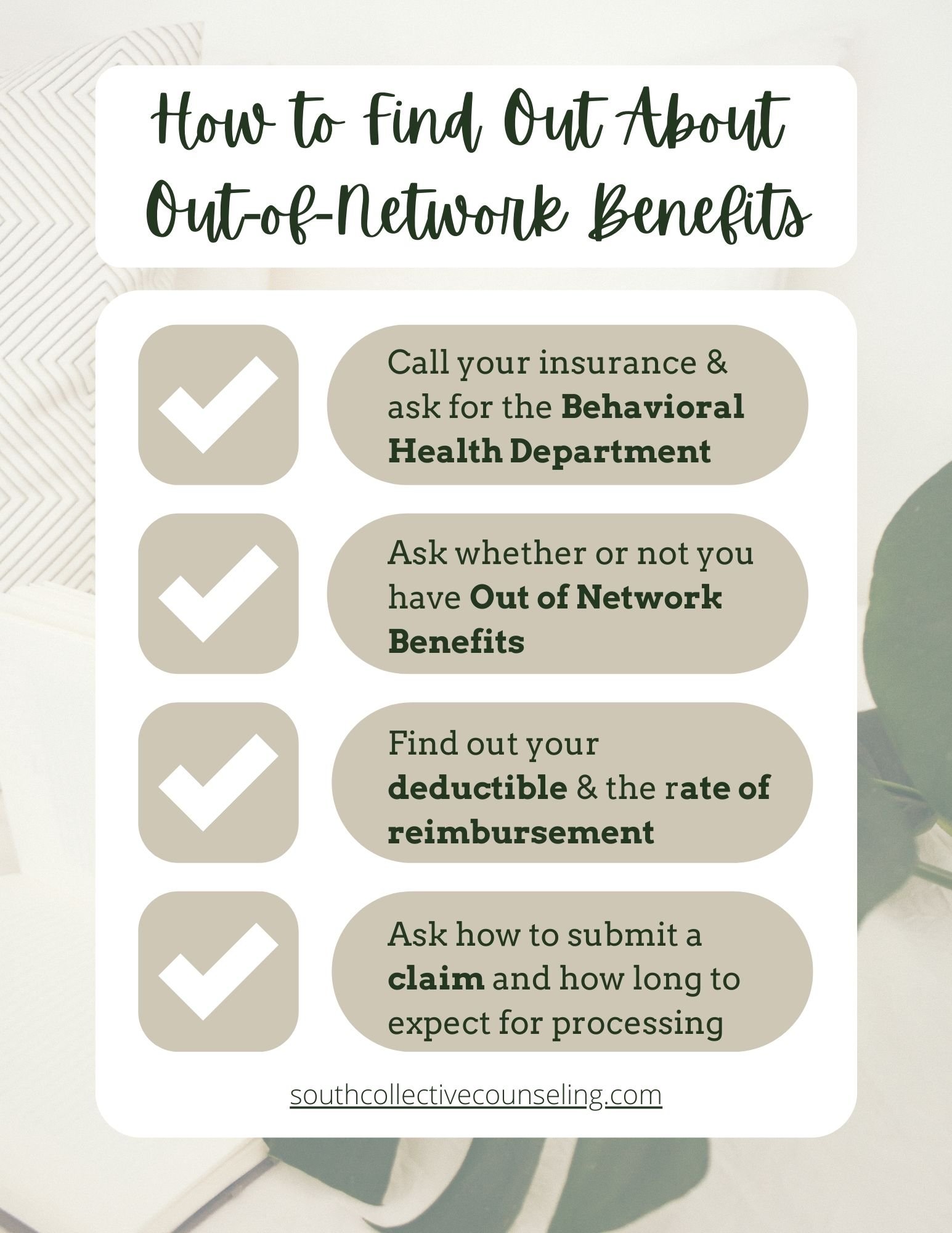Find A Therapist In Your Area With These 3 Tips
Finding a good therapist you connect with can be challenging. However, taking time upfront to research the local counselors in your area can help you make a more informed decision. There is tons of research proving that having a positive, trusting relationship with your therapist improves therapeutic outcomes. A therapist needs to foster a welcoming, safe space for their clients to open up honestly without fear of judgment.
At South Collective Counseling, we offer all new clients a free 15-minute phone consultation as a standard practice. These initial consultations allow clients a chance to ask us questions, share their current issues, and see if they feel it is a good fit. As a clinician, we also get the opportunity to make sure our education and experience aligns with the client’s needs. Before having someone invest time, energy, and money, we want to make sure we are qualified to help!
Bottom line, do not be afraid to call counselors and ask questions. This is part of the upfront work you can do to get a sense of the therapists in your area. Find out about their experience, specialties, fees, general approach, etc…If they do not make the time or seem annoyed—then that is a factor for you to consider when you decide on a therapist.
So, how do you find local counselors in your area? Here are three tips to source counselors near you:
Ask Friends or Family Members+
Start with your trusted inner circles! One of the easiest ways to find a therapist is to ask people you know if they have recommendations. Of course, stick with people you trust and only share what you are comfortable sharing. A personal recommendation is the most credible and reliable. If you think about other other connections in your network—teachers, nurses, church members, doctors, youth group leaders, coaches, guidance counselors, lawyers…etc, you may have success asking other professionals as well. For example, if you are getting a divorce, your divorce lawyer would likely have a list of therapists who offer relationship counseling or divorce counseling. If you are a student, a teacher may be a safe person to ask for help and can connect you with resources at school right away.
Search Online Therapist Directories
You can also search online for therapists near you. There are plenty of credible websites out there that list local counselors. These types of directories allow the counselor to write a bio, identify speciality areas, add pictures, and link to their website for more information. This way you, as the prospective client, can get a feel for the counselor before reaching out. Many of the counseling directories have filters you can use to sort location, experience, gender….etc.
Here are three different therapist directories that I use professionally with links to read more about their services:
Leverage Your Out-of-Network Benefits
Most people I speak with are unaware of something called “Out of Network” Benefits. I encourage everyone to find out if their plan has out of network coverage (see checklist below)! Why not use all the benefits you pay into? Out of network (OON) coverage widens the pool of providers you can see, and not just for mental health. Once you hit your deductible, out of network coverage kicks in, and you can get reimbursed 60% to 100% of what you paid to the OON provider, depending on your plan. Just make sure your therapist provides you with a Superbill. Enclose the Superbill, with the claim form from your insurance, and submit for reimbursement. There are many therapists who do not panel with insurance companies—including our practice—so if you are struggling to find an in-network counselor, inquire about your out-of-network options.
Additionally, you can inquire about any Employee Assistance Programs (EAP) through your work. Some companies have a certain amount of sessions covered through EAP’s per calendar year, at no cost. Again, take advantage of the benefits you pay into!! And, if you need an in-network provider, you can call the number on the back of your insurance card and ask a representative to send you a list of participating therapists in your area. While these lists can be outdated, it is one way to narrow your search.
I hope trying three things will help you find a therapist who's right for you. Talk therapy can be an extremely beneficial and rewarding process when you find the right fit. Learn more about how talk therapy works by clicking here. Remember, mental health is just as important as our physical health. Take good care of yours by doing your due diligence to find the best therapist who can meet your specific needs.



